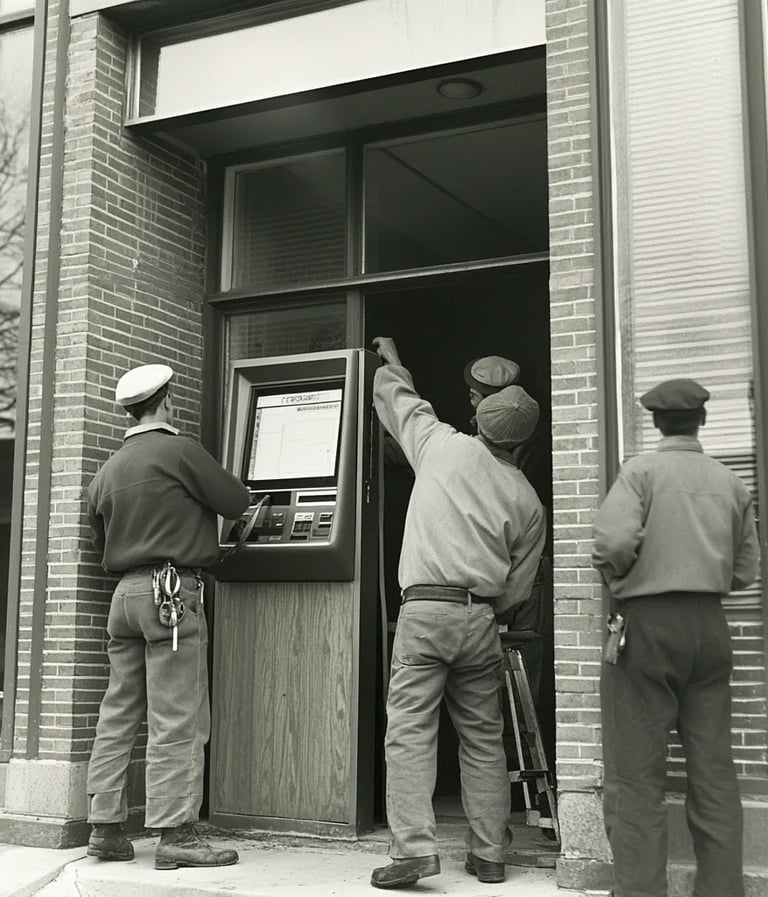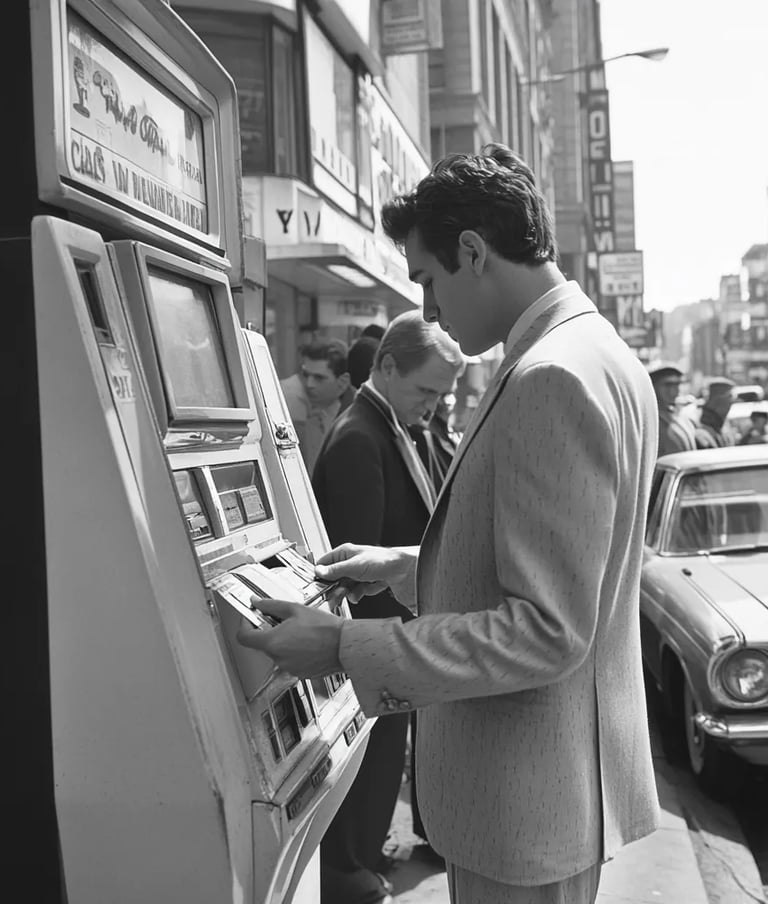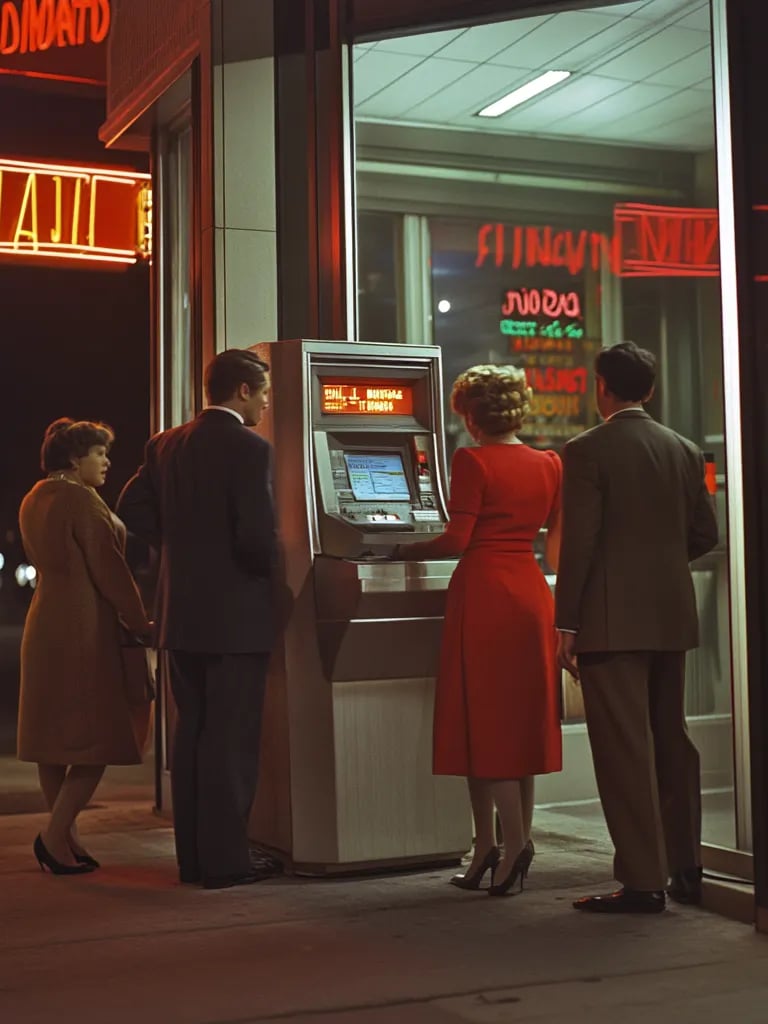Octavian's forces decisively defeated the combined fleets of Mark Antony and Cleopatra near Actium, Greece. The defeat ended Antony and Cleopatra's attempt to challenge Octavian’s power. Following their loss, both fled to Egypt, where they committed suicide, paving the way for Octavian to become the first Roman emperor, Augustus.


31 BCE – Battle of Actium




The Great Fire of London started in Thomas Farriner’s bakery on Pudding Lane. Strong winds spread the fire rapidly, consuming over 10,000 buildings, including 87 churches and St. Paul’s Cathedral. Although only a few deaths were reported, the fire devastated the city and led to major rebuilding efforts over the following years.


1666 – Great Fire of London Begins




On this day, Britain transitioned from the Julian to the Gregorian calendar, aligning its dates with most of Europe. To correct for time discrepancies, 11 days were omitted, making the day after September 2, 1752, become September 14. This change standardized timekeeping across the country and its colonies.


1752 – Britain Adopts the Gregorian Calendar




During the French Revolution, a wave of brutal violence, known as the September Massacres, began in Paris. Mobs of revolutionaries, fearing foreign invasion and royalist plots, attacked prisons, killing over 1,000 suspected counter-revolutionaries, including nobles, clergy, and political prisoners. The massacre exemplified the radicalization of the revolution and the chaos of the period.


1792 – September Massacres Begin
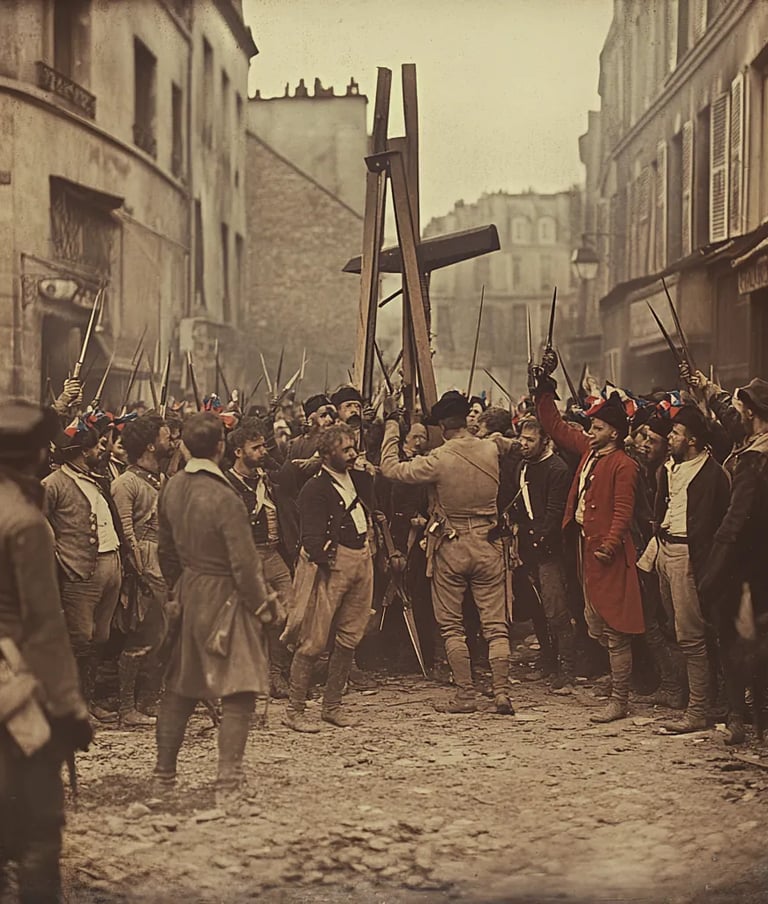

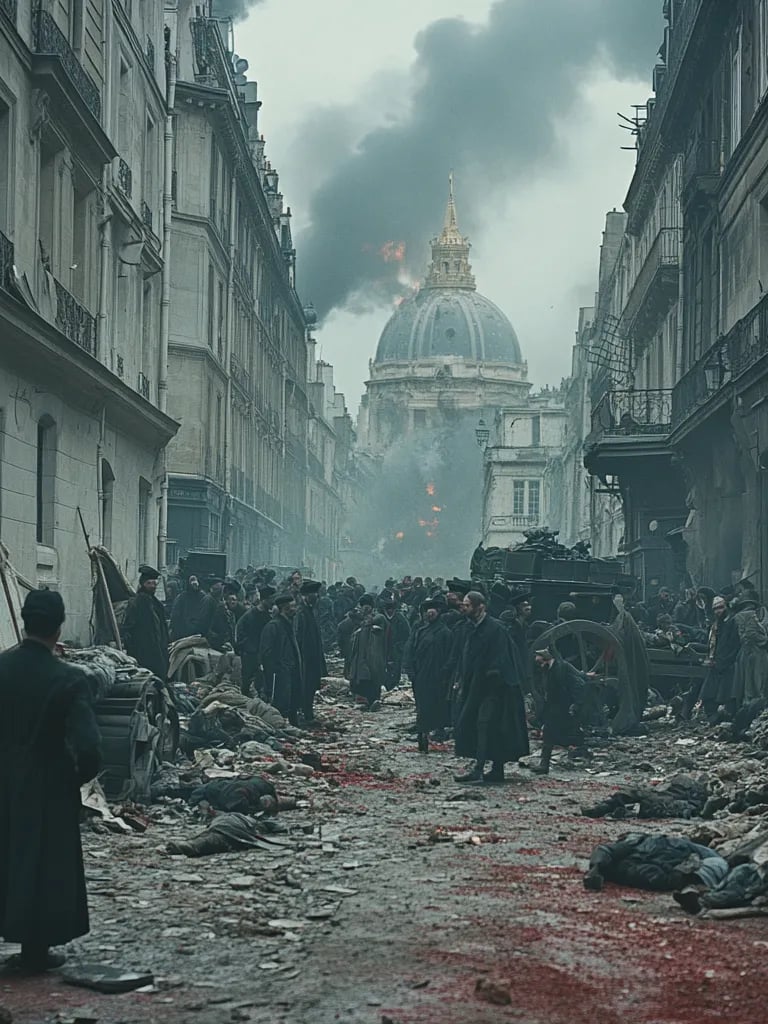

The first Automated Teller Machine (ATM) in the United States was installed at Chemical Bank in Rockville Centre, New York. This innovation allowed customers to withdraw cash without needing a teller, revolutionizing the banking industry and paving the way for ATMs to become a global financial staple.
